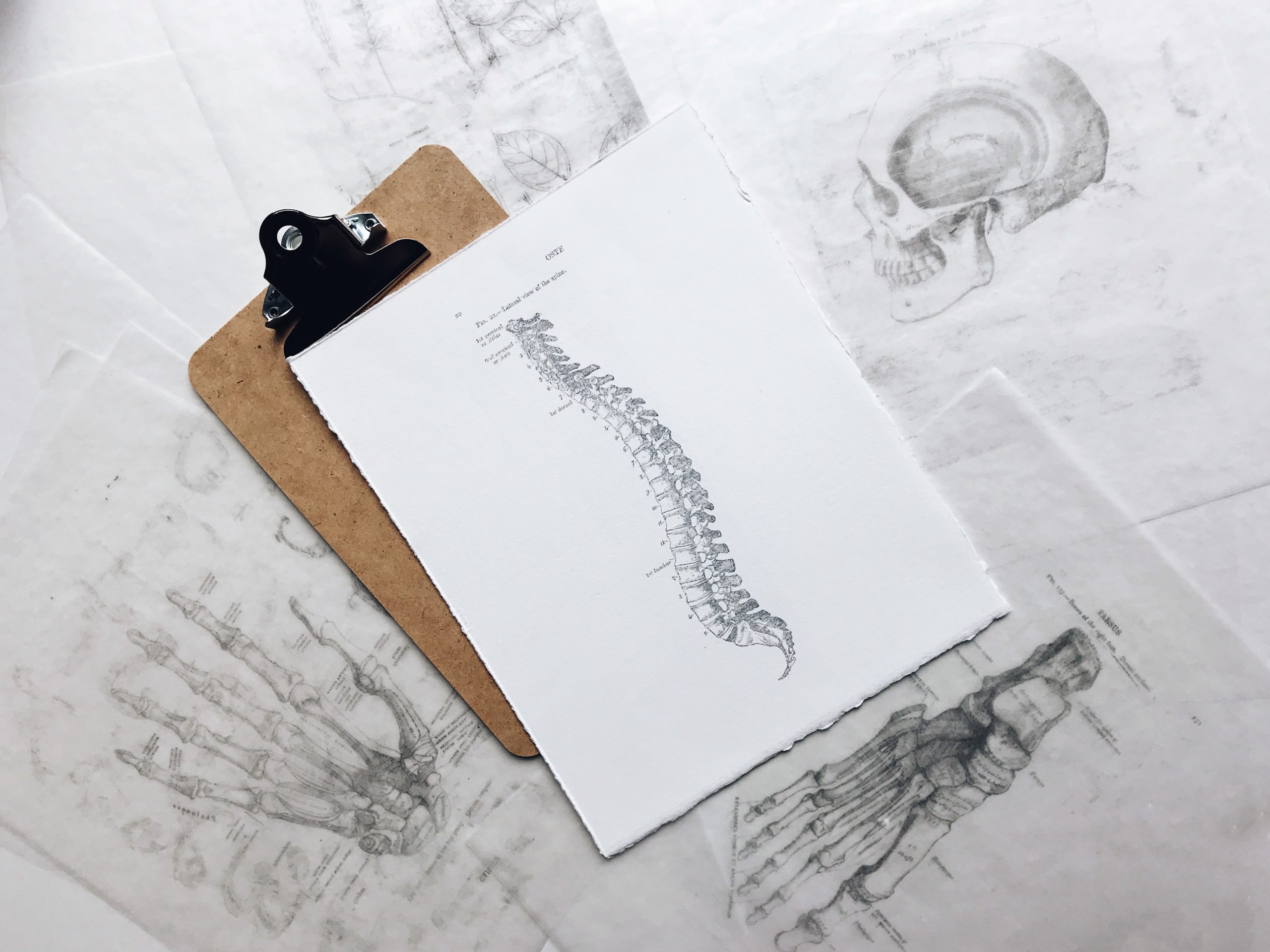Your shopping cart is empty.
Browse our collection or make an appointment.

Back pain is the worst. Anyone who has experienced it knows.
I know from experience myself, as I have pain in the lower right side of my back every day.
Your back is attached to every part of your body, so when you're dealing with a lingering back injury, it tends to affect everything you do. Just getting out of bed can feel like a major accomplishment when you're struggling with back problems.
Therefore, I was not surprised when I came across a new study that looked at the link between poor sleep and back pain.
The study, done by a group of Norwegian professors, examined more than 6,000 men and women over a 10-year period.
I won't go into all the details, but the important thing is this: Insomnia and general sleep problems both make it harder to recover from chronic low back pain (LBP).
It turns out that a lack of quality sleep not only makes it harder to concentrate on your work. It also hurts your body's ability to recover from injuries.
Participants' responses showed this clearly. Men who exhibited two or more insomnia symptoms were 16-18% less likely to recover from LBP than men without these symptoms.
For women, the impact was even greater. Women who reported one insomnia symptom were 19% less likely to recover from LBP than women with no symptoms; women with two or more symptoms saw their chances of recovery drop between 32 and 40%.

This is a serious problem. But it is also not a lost cause.
As the researchers pointed out, "preventing or reducing sleep problems in people with chronic LBP may improve long-term prognosis."
If you suffer from back pain, the goal should obviously be to give yourself the best night's sleep possible.
To get there, there are a few simple but important steps you can take. In terms of lifestyle, limiting your food and alcohol intake before sleep will help your body prepare for a good night's sleep. There are also little tricks, such as not using your phone anymore before you go to sleep, to help you get into your REM sleep more easily.
This is something top athletes like Lakers star LeBron James have come to do - making sleep an integral part of their recovery.
Again, back pain is one of the last things you want to have to deal with. But with a few small adjustments, you can at least give your body the best chance to recover, thanks to a good night's sleep.
And speaking of sleep, it will be even harder for many of us to get a good rest during the vacations, especially if you have back pain. Air travel is the biggest culprit here. Unless you're traveling first class, it's almost like they're trying to make it as uncomfortable for you as possible.
I travel a lot, so that's probably why this recent article from CNN caught my attention. A London-based company wants to make falling asleep in economy class much easier. I know this sounds impossible. But the company's plan is to put little "padded wings" on the sides of each seat so passengers can pull them out and lean against them during the flight.
It is certainly better than trying to sleep upright while trying not to touch your neighbor. While there is not much health hazard to sleeping upright on an airplane - other than a small increase in the chance of blood clots in your arms in the legs - anyone who has ever flown understands how difficult it is to get a good night's sleep while airborne.
I think it's a pretty interesting concept, and I wouldn't mind seeing airlines try it out.
In the meantime, it's important to make sure you have the right cushion for flying.
I know taking a pillow on an airplane is inconvenient but it can save you a lot of pain. If your neck and shoulders don't get the proper support, or your body falls asleep at an angle, your spine and body become unbalanced. This is common on airplanes and leads to strain and discomfort.

